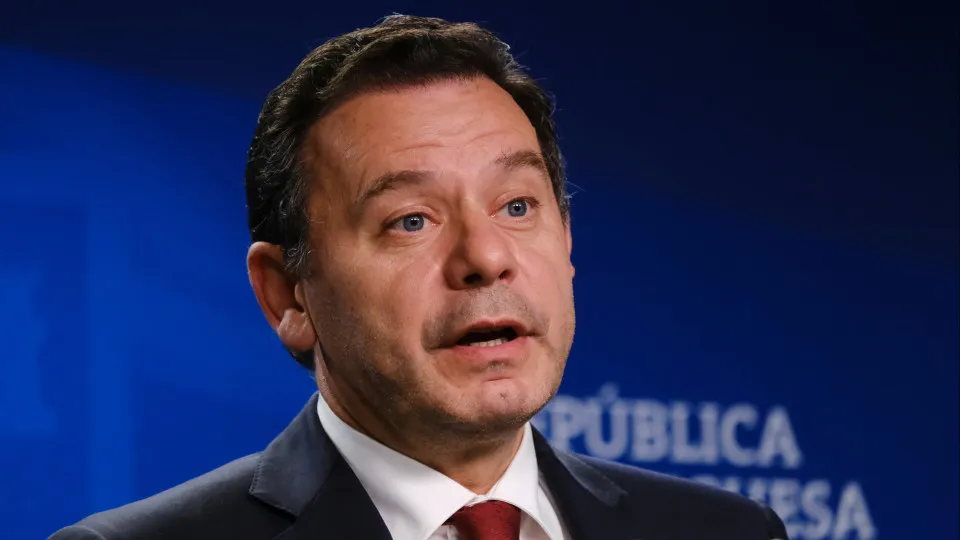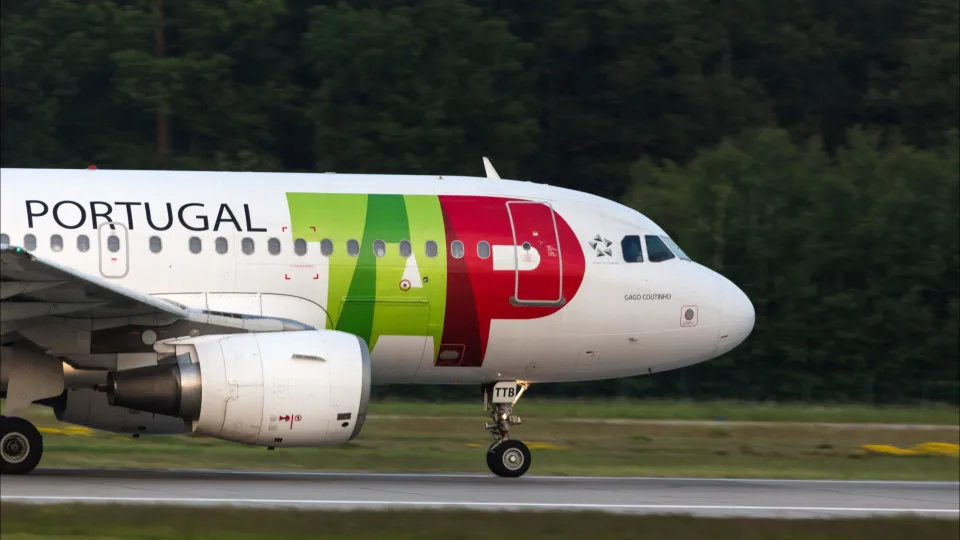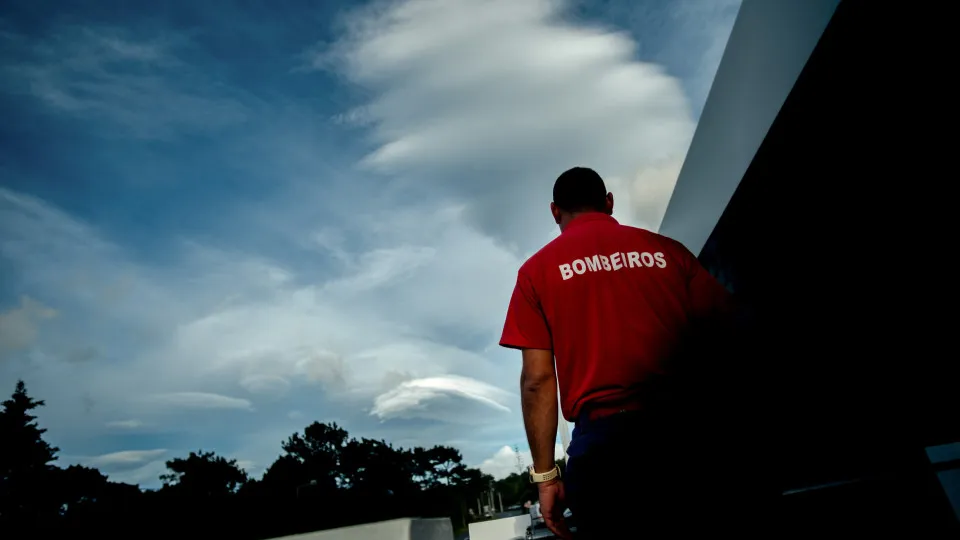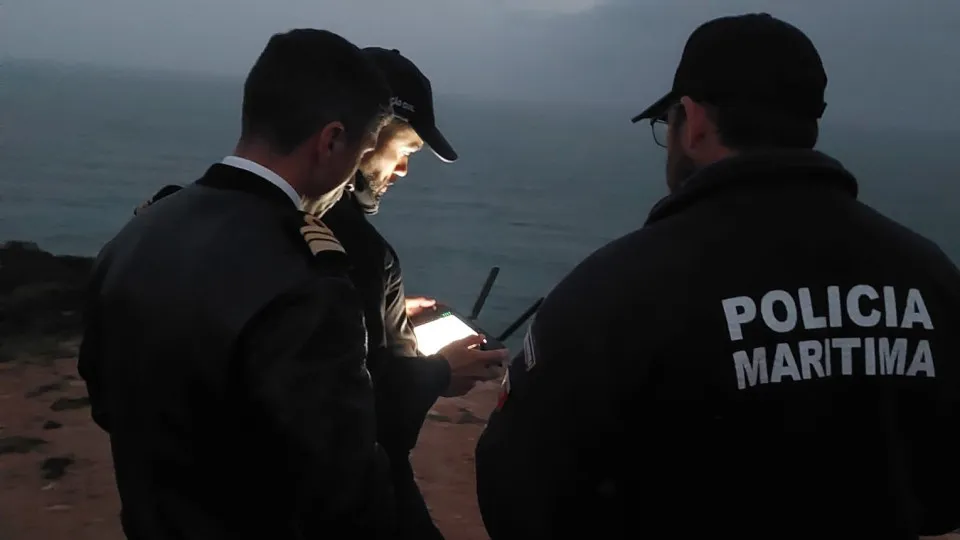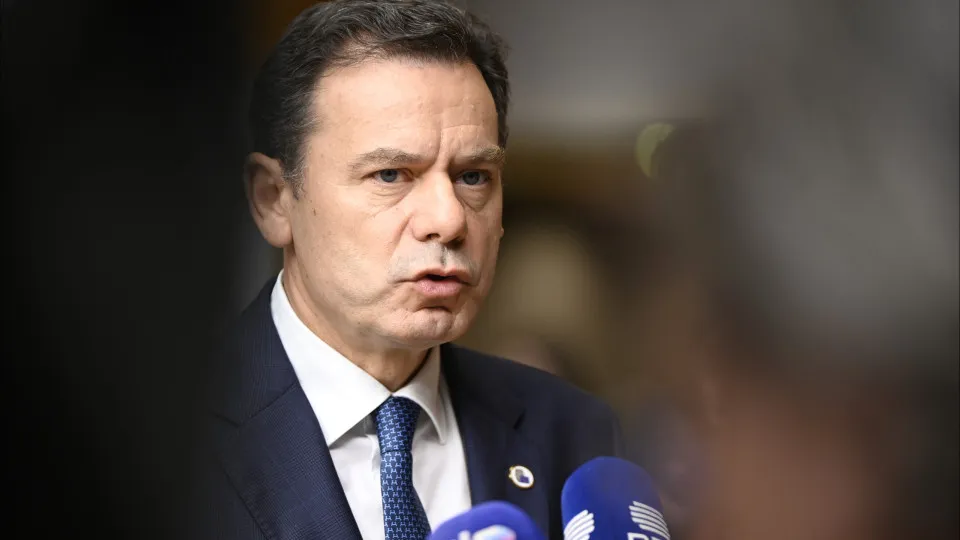
Speaking to journalists in Luanda after visiting a construction site and discussing a meeting of European leaders convened by António Costa on the sidelines of the UA-EU summit, Montenegro emphasized the need for “a quick reflection” by Europe on the plan under discussion.
“In my opinion, it does not meet the minimum requirements that safeguard a just and lasting peace for Ukraine,” he stated, adding that the document provides “a foundation,” but is “very insufficient for what the European objectives are.”
The Prime Minister emphasized that all mediation efforts are positive.
“The mediation of the United States, the participation of the United States in a peace process is welcome,” he said, stressing, however, that “interaction with Europe is mandatory.”
“Europe has every interest in being an active part of this process, and that is what we will try to do at the meeting convened for this purpose,” he stated.
The goal, he continued, is “to evolve these agreement foundations to safeguard Europe’s interest and also Ukraine’s interest, which, in my opinion, is not properly protected.”
The President of the European Council, António Costa, invited leaders of the 27 EU member states for a meeting on Monday, outside the EU-UA summit in Luanda, to analyze the peace plan for Ukraine.
In a Saturday post on platform X, António Costa cited a joint statement signed by several European leaders, Japan, and Canada, meeting on the fringes of the G20 summit taking place this weekend in Johannesburg.
In the statement, the leaders considered that the US peace plan “requires further work” and would leave Ukraine vulnerable to new attacks.
“We welcome the continued efforts of the United States of America to achieve peace in Ukraine. The initial draft of the plan, with 28 points, includes important elements that will be essential for a just and lasting peace,” they note.
In their view, this draft “is a basis that requires further work,” and the leaders expressed readiness to collaborate in building “a future sustainable peace.”
The document bears the signatures of the President of the European Commission, Ursula von der Leyen, and the President of the European Council, António Costa, as well as the German Chancellor, the Presidents of France and Finland, and the Prime Ministers of the UK, Italy, Spain, Netherlands, Ireland, Norway, Canada, and Japan.
The signatories state they have “a clear position on the principle that borders should not be altered by force” and express concern over “the proposed limitations on the Ukrainian Armed Forces,” which “would leave Ukraine vulnerable to future attacks.”
They also add that elements related to the EU and NATO would require the consent of their member states and indicate they will “continue to coordinate closely with Ukraine and the USA” in the coming days.
The 28-point plan drawn up by the Government of US President Donald Trump raises significant concern in Kyiv, as it includes several Russian demands: territorial concessions, army reduction, and a renunciation of NATO membership. In return, it foresees Western security guarantees to prevent further attacks.
Trump gave Ukraine until November 27, Thanksgiving Day, to respond to the proposals. In case of rejection, Vladimir Putin threatened to continue military advancements on the ground, where Russia maintains an advantage.
Under simultaneous pressure from the United States and Russia, Ukranian President Volodymyr Zelensky began consultations with European allies.
Russia invaded Ukraine on February 24, 2022.

